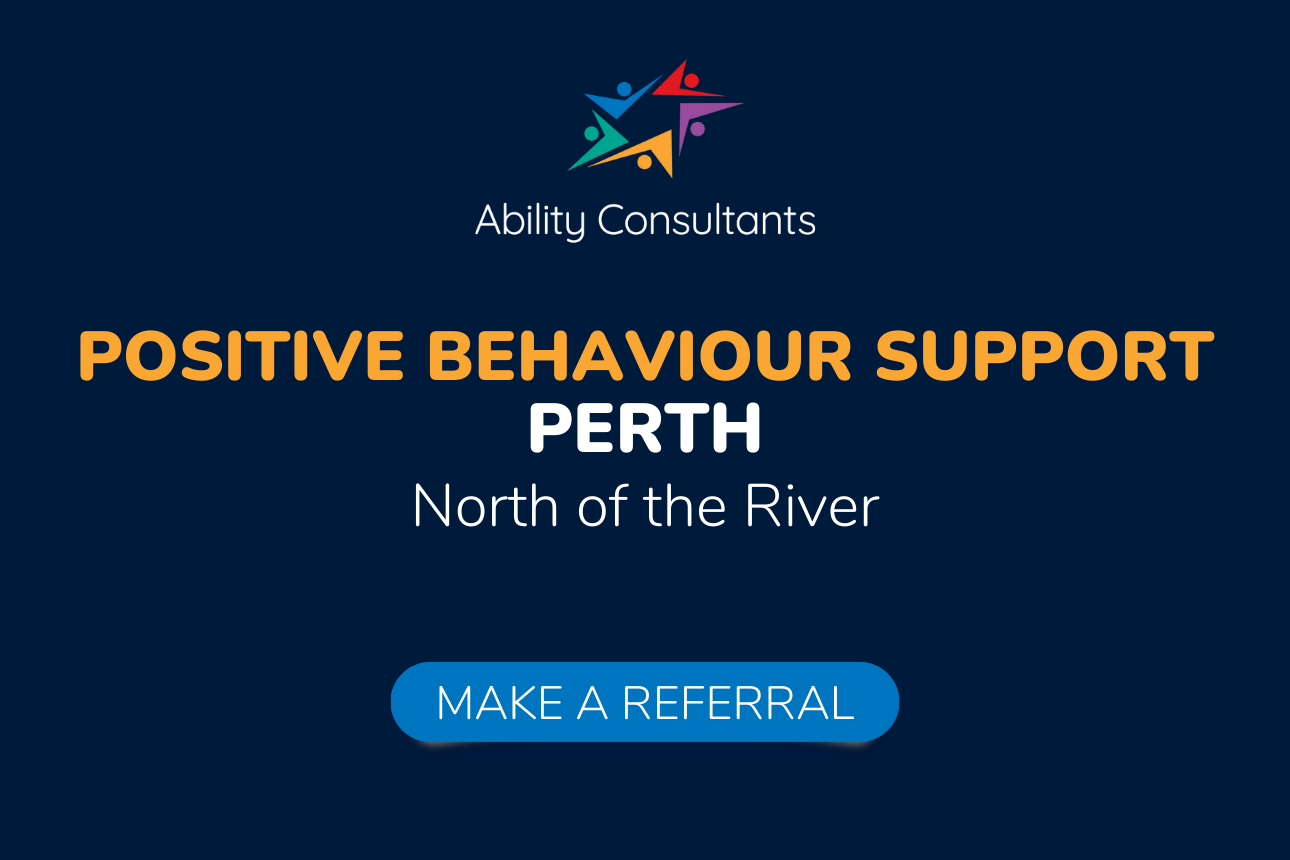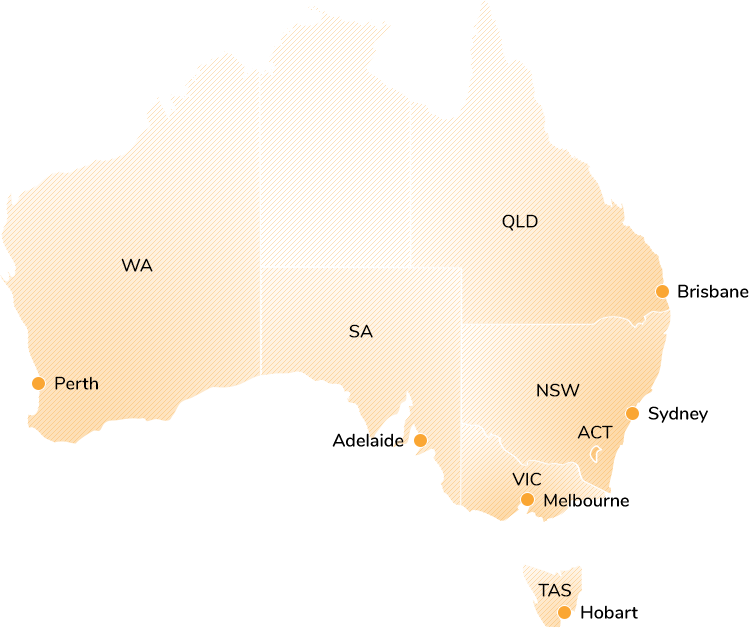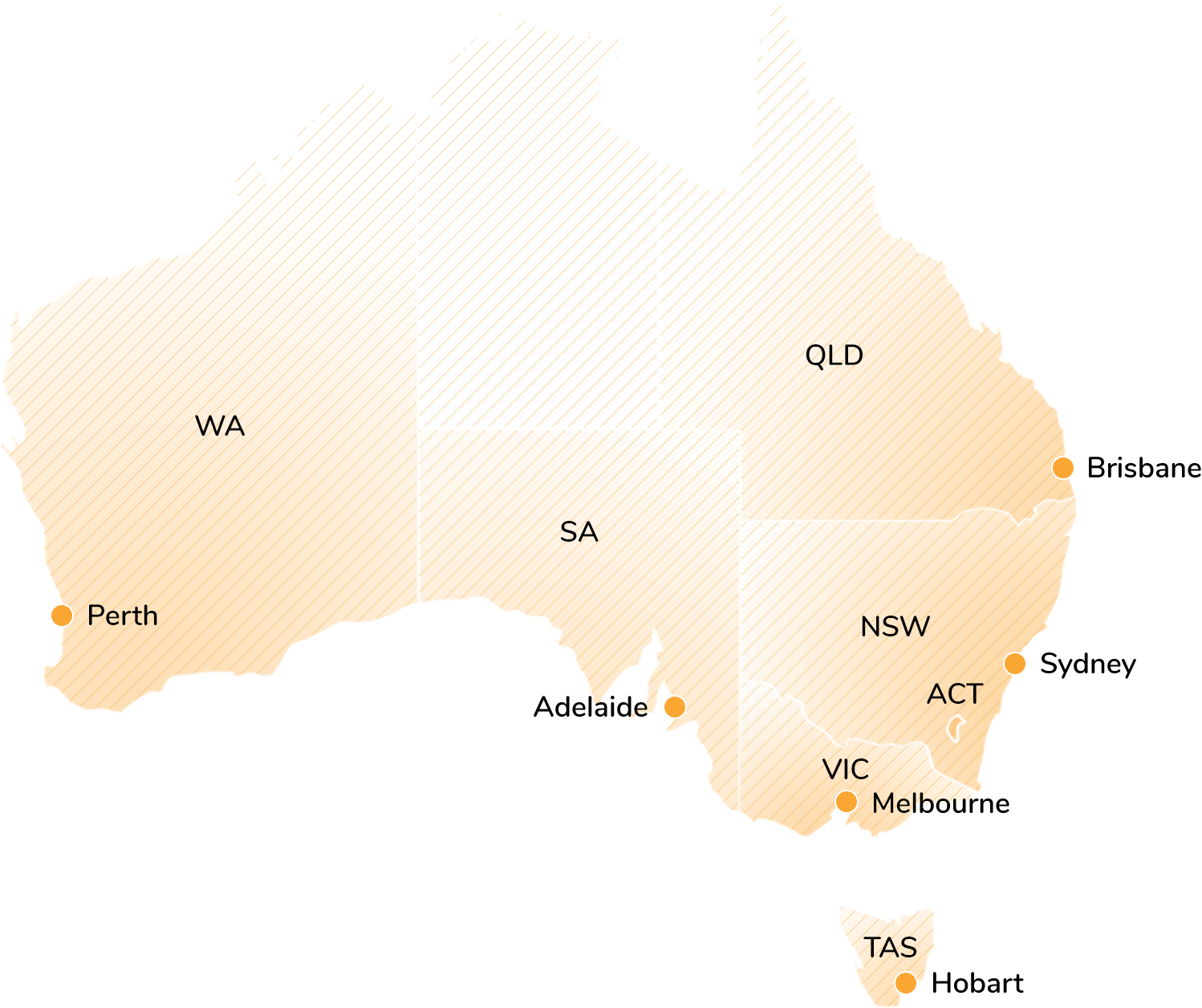Positive Behaviour Support in Stirling, Western Australia: Meet PBS Practitioner Robyn Earl
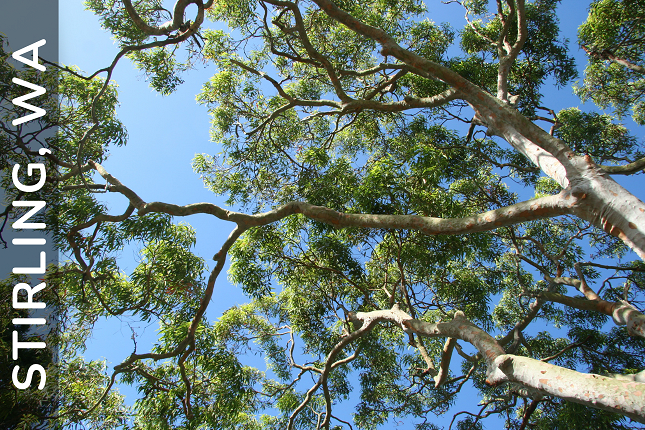
Looking for Positive Behaviour Support (PBS) near you in Stirling, Western Australia? Make a referral for PBS by completing our referral form.
We provide Positive Behaviour Support throughout the Perth metropolitan area, including the City of Stirling, and suburbs north and south of the river. From Joondalup and Wanneroo through to the City of Swan, City of Stirling, City of Vincent, City of Bayswater and south to the Town of Victoria Park and beyond.
Today we’re pleased to introduce Robyn Earl, Behaviour Support Practitioner in Stirling, Western Australia. Robyn brings to our team extensive experience as a Special Education Teacher and tertiary education in occupational therapy and primary education.
Meet Robyn Earl, Behaviour Support Practitioner in Stirling, Western Australia
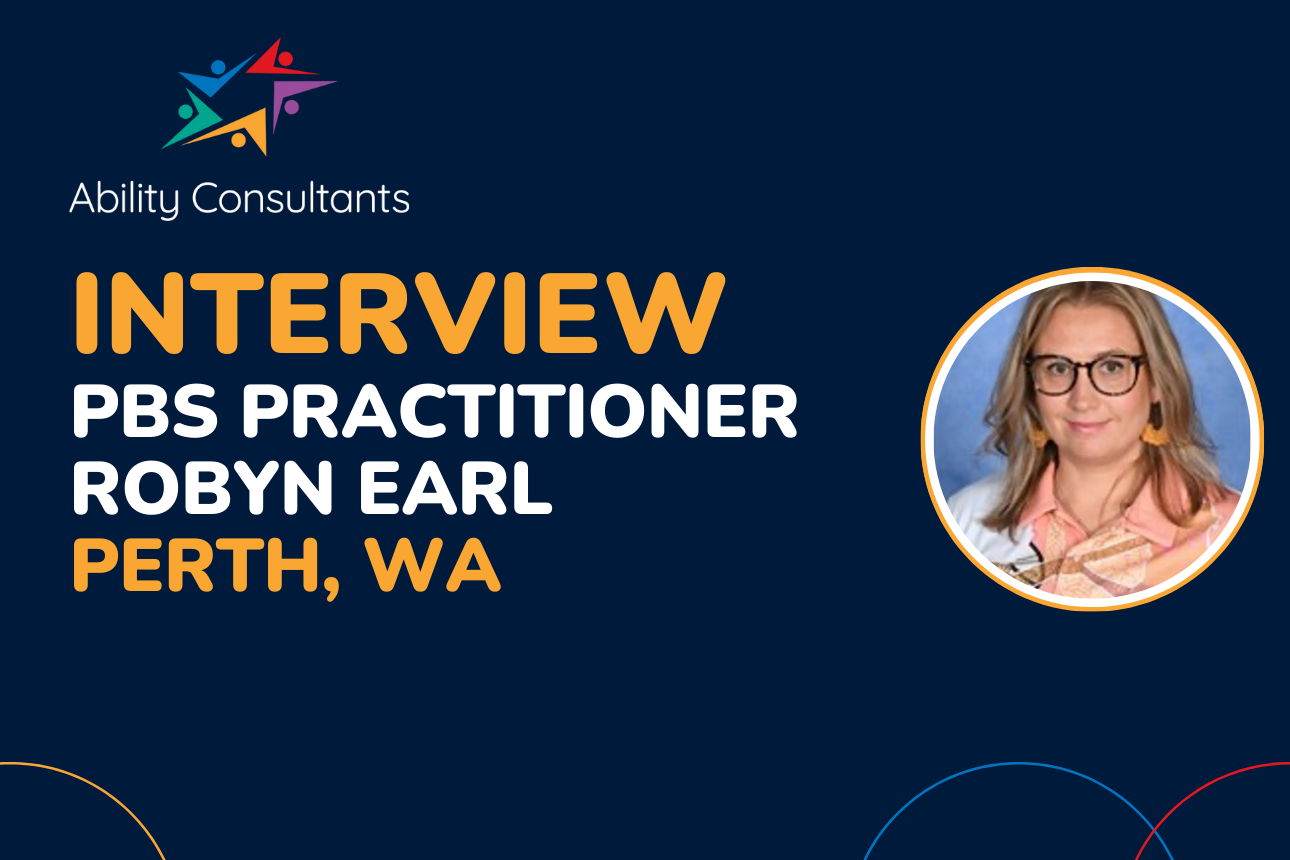
Hi Robyn, it’s great to have you on our team in Perth! Tell us about you!
I live here in Perth with my husband, two children, two cats and two dogs, Lilly and Blitzen. We love spending time together playing board games and going on camping adventures.
Anything outdoors is good — no one in our house sits still very well! I love sports and grew up swimming, playing hockey and water polo. I still love spending time in the water and love any excuse to head down to the river or beach with the family.
I’ve spent the last five years as a special education teacher and love working with students of all ages to achieve their goals. I believe in creating safe, neuro-affirming environments that promote a love of learning and quality engagement in all areas of life. I am passionate about supporting mental health and wellbeing and making sure everyone has the opportunity to express themselves and be heard. I truly believe everyone has the right to be their true self and express themself in the way that is most comfortable to them!
You completed university degrees in occupational therapy and education. Why did you choose to study these fields?
I studied occupational therapy (OT) and fell into teaching after discovering a passion for the classroom. When I finished my OT degree I went on to postgraduate study at Curtin University and at the same time started tutoring a few different university courses.
I discovered two things during this time: postgraduate studies/academia was not for me and that being in front of the class was! So I decided to complete my Graduate Diploma in Primary Education. At the heart of my motivation with everything I study is a passion to empower people with knowledge and skills to live amazing lives!
How has your experience in education influenced your approach to supporting individuals with disability?
I worked as a Special Education Teacher, working with students with disabilities and supporting them to reach their academic goals.
Teaching is all about building relationships and respect. Supporting a vast array of students at once is incredibly challenging and requires flexibility and a willingness to listen to your students to find out what they need to be successful.
Communication is key to being able to do this, and my number one goal when working with someone is finding the method of communication that will best serve us, whether this is an iPad app, a PODD book or KWS and finger spelling.
Note: PODD stands for Pragmatic Organisation Dynamic Display and KWS stands for Key Word Sign.
Through your experience as a special education teacher, what important lessons have you learnt about working with children and young people with disabilities?
The most important lesson I have learned is that COMMUNICATION IS KEY! The most valuable support is empowering young people to advocate for their needs and educating those around them about the importance of listening to what they are saying. This is because there is no “one-size-fits-all” approach and there is no one perfect solution.
Everyone experiences times of dysregulation and everyone needs a toolkit of strategies, resources and support in order to be successful regardless of ability or disability. I’ve learnt that these change depending on the environment and what is available at the time.
I’ve also learned that interventions have to be practical and reasonable for the setting that they are intended for or they will not be implemented as intended or at all. An effective support plan can only be developed by listening to the young person and their key support people!
About Positive Behaviour Support and its impact
Can you tell us about a time you’ve seen Positive Behaviour Support in action and the effect it had on a person and/or their family?
I have worked closely with a number of PBS practitioners as a teacher and have worked in Positive Behaviour schools where the goal is to support student behaviour. I always aim to create a classroom environment that supports students and engages in neuro-affirming practices such as providing tools and spaces to support students’ sensory requirements and giving them space to stim.
I have worked with countless students with complex communication needs. I worked with a student who had significant behaviours of concern and often struggled to share how they were feeling, in a safe way. Together we created a series of visuals that included key emotions and strategies we had identified and made these available at all times.
Having access to an effective communication strategy meant that the student was able to effectively tell us when they needed a break and what they needed to help them re-regulate. We could then facilitate more in-depth communication through the PODD book and written words, once the student was regulated, to identify what else we could do to support them moving forward.
Over time, this student was able to remain in class, they regulated longer and had more positive engagement with their peers.
I also worked closely with a student to support school engagement, supporting them to feel safe at school by not putting expectations on what “classroom” behaviour should look like: letting them move around the class at will, craft and create, choose where they sat, in order to feel safe and wear what they liked to feel comfortable.
This student went from being classed as a non-school attendee to having near-perfect attendance and telling me that they actually enjoyed coming to school and wearing the uniform. The other benefit I saw, not only for this student but the whole class was that by giving students the autonomy and opportunity to “do what they need” to focus and regulate, meant students felt not only empowered and safe to advocate for their needs in class and at break time, but also respected and supported their peers to do the same which meant that for the some of these students they had, for the first time, a group of friends at school!
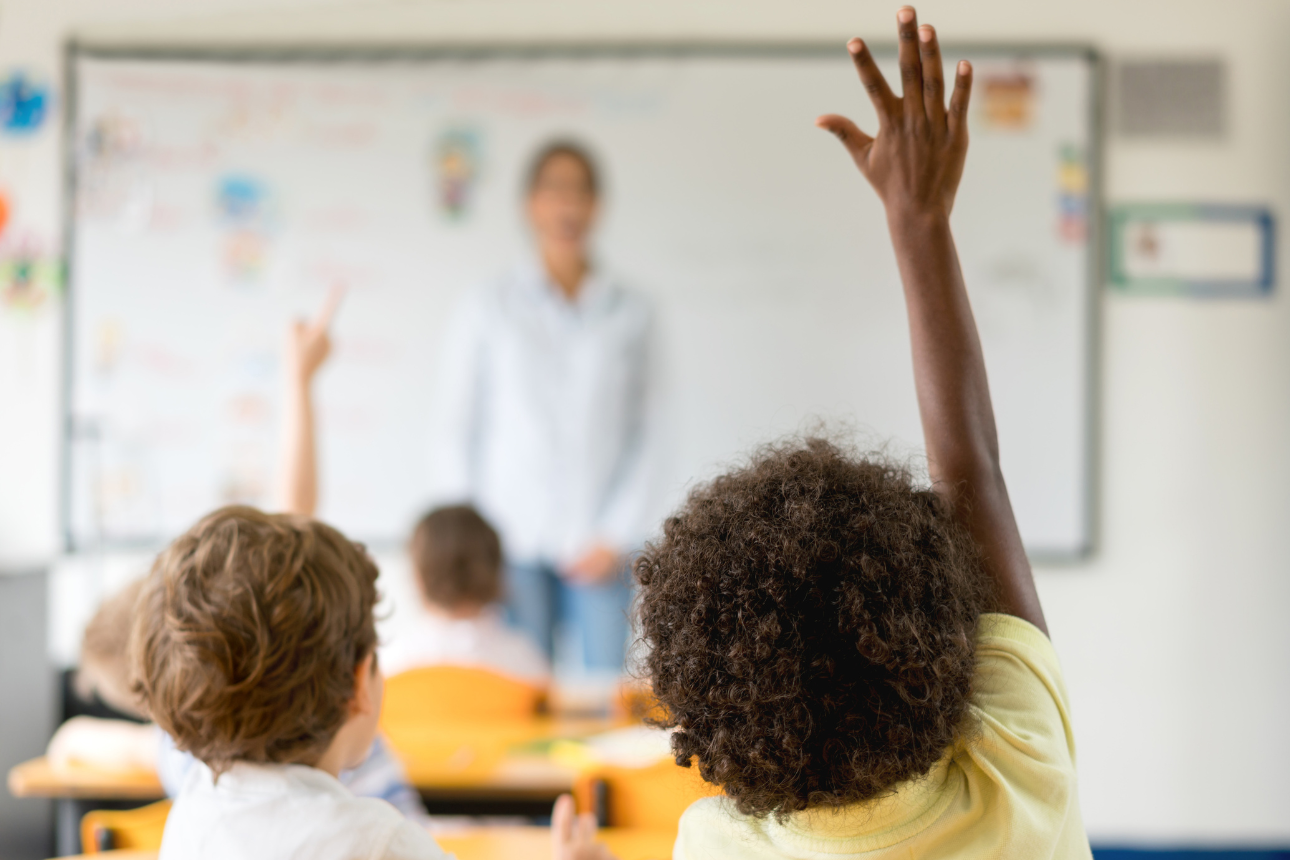
Can you share an example of a diagnosis or behaviour of concern and how Positive Behaviour Support can help?
School refusal and aggression towards staff and peers are behaviours of concern that can be helped by working with a Positive Behaviour Support Practitioner.
PBS can help by using data to identify triggers for these behaviours. For example; we often see an increase in behaviours of concern around certain times of the day such as recess or lunch.
Using this data we can create a hypothesis about the trigger: is the child hungry, do we need to offer the opportunity to eat earlier or at different times? Or is the child anxious about going out because they don’t have a friend to play with or is someone bullying them, and by hurting themselves or wrecking a classroom display, they get to spend break time in the office which feels better than going out to play?
Once we have identified a possible trigger we can trial interventions — often simple, low-cost things like “crunch and sip” or lunch clubs to support that child to feel safe and regulated at school.
The data-driven and client-centred methodology of the PBS approach means that behaviours of concern such as inappropriate commenting, self-harm and restrictive eating are all things we can work to improve. By working closely with the client and their support people to collect information on when these behaviours happen and what triggers them then we can start looking at how we change the behaviour to one that has a more positive impact on the person's quality of life.
The difference between Positive Behaviour Support in schools and Positive Behaviour Support in the NDIS context
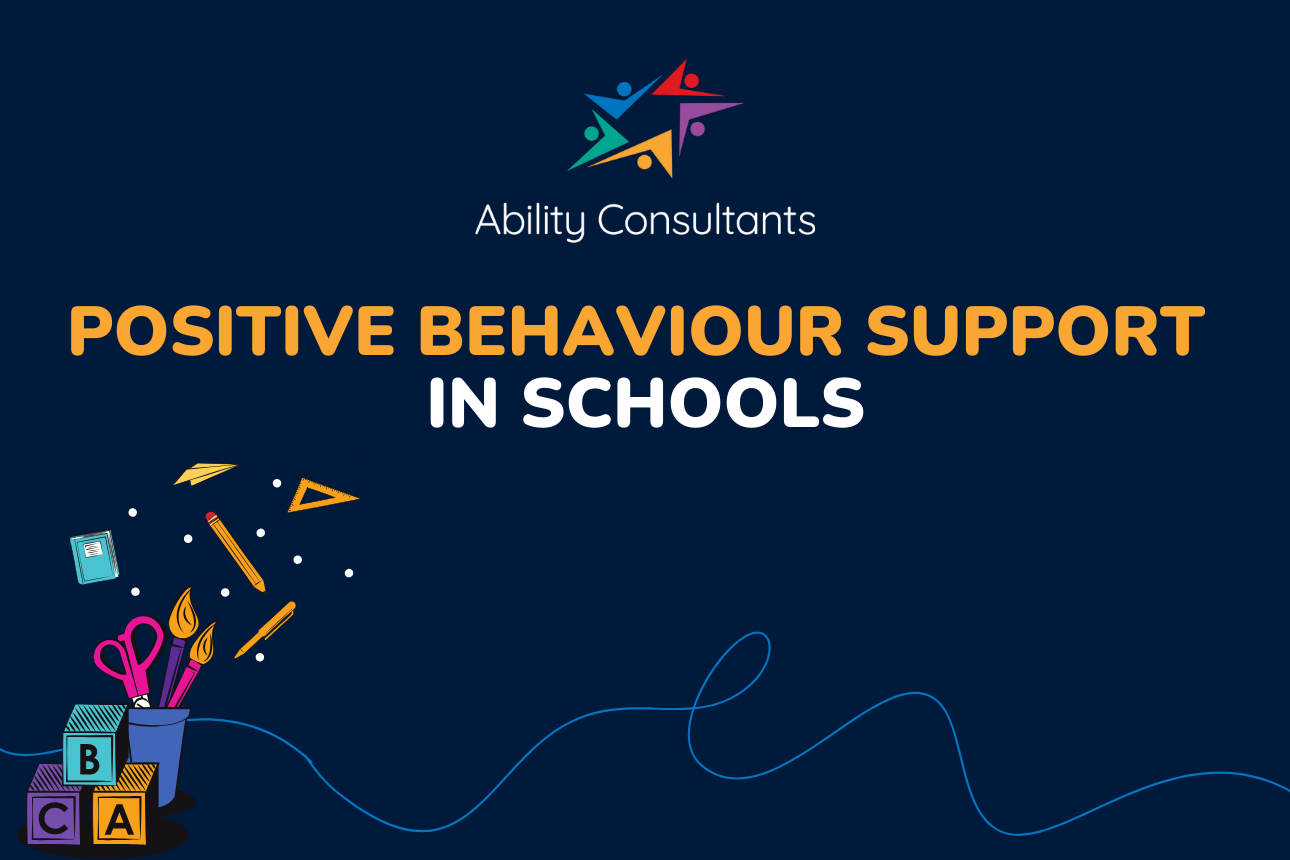
Positive Behaviour Support on a school level is different to PBS on an individual and NDIS level — can you tell us the difference? Have you seen a school-wide PBS strategy in action? Can you tell us about it and the impact it had?
Positive Behaviour Support in schools differs from Positive Behaviour Support under the NDIS.
Positive Behaviour Support (PBS) under the NDIS offers targeted interventions and strategies to support a specific individual in the different areas of their life. A behaviour support practitioner will work closely with NDIS participants and their support people to develop a behaviour support plan (PBSP) that meets the needs of that one individual.
In contrast, PBS in schools targets the whole community. It is funded at a school level and is limited by the resources available. However, even when there is only a small amount of resourcing available, the mindset of staff and students in PBS schools is really what has the greatest impact.
I have worked at and with several PBS schools and the impact on student and staff wellbeing is phenomenal. Core to PBS is that staff feel supported in supporting their students, through education and resourcing. Staff value students' individual needs and work with the students and families to identify what can be done to support the child at school.
I have worked at schools with beautiful sensory spaces which include things like swings, soft play and sensory gardens to meet a vast range of needs. In schools where PBS is embedded it is clear that these approaches do not just support those students with disability but support the whole community because it is recognised and respected that everyone experiences periods of dysregulation and everyone has different needs to maintain their health and wellbeing. It's wonderful to be a part of a culture like that!
Positive Behaviour Support in Stirling, Western Australia
As a behaviour support practitioner in Perth, what is important to you when you start working with new NDIS participants?
Building rapport and a relationship with the person and their team. Finding out how to best communicate with them to find out what they need from me and where I best fit into their team.
Which communities do you provide Positive Behaviour Support in Perth?
I am currently working in Perth’s northern suburbs, including Joondalup, Wanneroo, Stirling and Swan, including Ellenbrook:
- Joondalup including Kinross, Currambine, Iluka, Burns Beach, Ocean Reef, Mullaloo, Woodvale, Edgewater, Heathridge, Craigie, Kallaroo, Hillarys, Sorrento, Padbury, Kingsley, Greenwood, Duncraig and Marmion.
- Wanneroo including Girrawheen, Koondoola, Alexander Heights, Marangaroo, Madeley, Landsdale, Wangara, Pearsall, Hocking, Sinagra, Ashby, Tapping, Banksia Grove, Carramar, Clarkson, Mindarie, Merriwa, Quinns Rocks, Ridgewood, Jindalee and Butler.
- Stirling including Watermans Bay, Carine, Hamersley, Karrinyup, Scarborough, Doubleview, Wembley Downs, Innaloo, Balcatta, Balga, Nollamara, Mirrabooka, Dianella, Osborne Park, Tuart Hill, Yokine, Coolbinia, Menora and Inglewood.
- Swan including Beechboro, Malaga, Ballajura, Caversham, Lockridge, Guildford, Midland, Middle Awan, Stratton, Jane Book, Bennett Springs, Dayton, Brabham, Henley Brook, Ellenbrook and Aveley.
- Bayswater including Noranda, Morley, Bedford, Embleton and Maylands.
- City of Vincent including Mount Hawthorn, North Perth, Leederville, Mount Lawley and Highgate.
Do you focus on supporting NDIS participants with specific diagnoses or age groups?
No, I am able to work with a range of clients with different diagnoses, however my experience is primarily working with school-aged students from early childhood through to high school.
How to get started with Positive Behaviour Support in Stirling, WA
How can NDIS participants in Perth get started with Positive Behaviour Support?
The first step is to make a referral for Positive Behaviour Support on our website. You can do this anytime and you can make your own referral, or a member of your support team can make a referral on your behalf.
If you have any questions about Positive Behaviour Support, please feel welcome to call our team on 1300 694 625 or send a message using our contact form.
Life in Perth
What do you love most about living in Perth?
Access to beautiful beaches, rivers and parks! There is so much opportunity for adventure within 30 minutes of most people! The weather is pretty great all year round so there is ample opportunity to get out and explore!
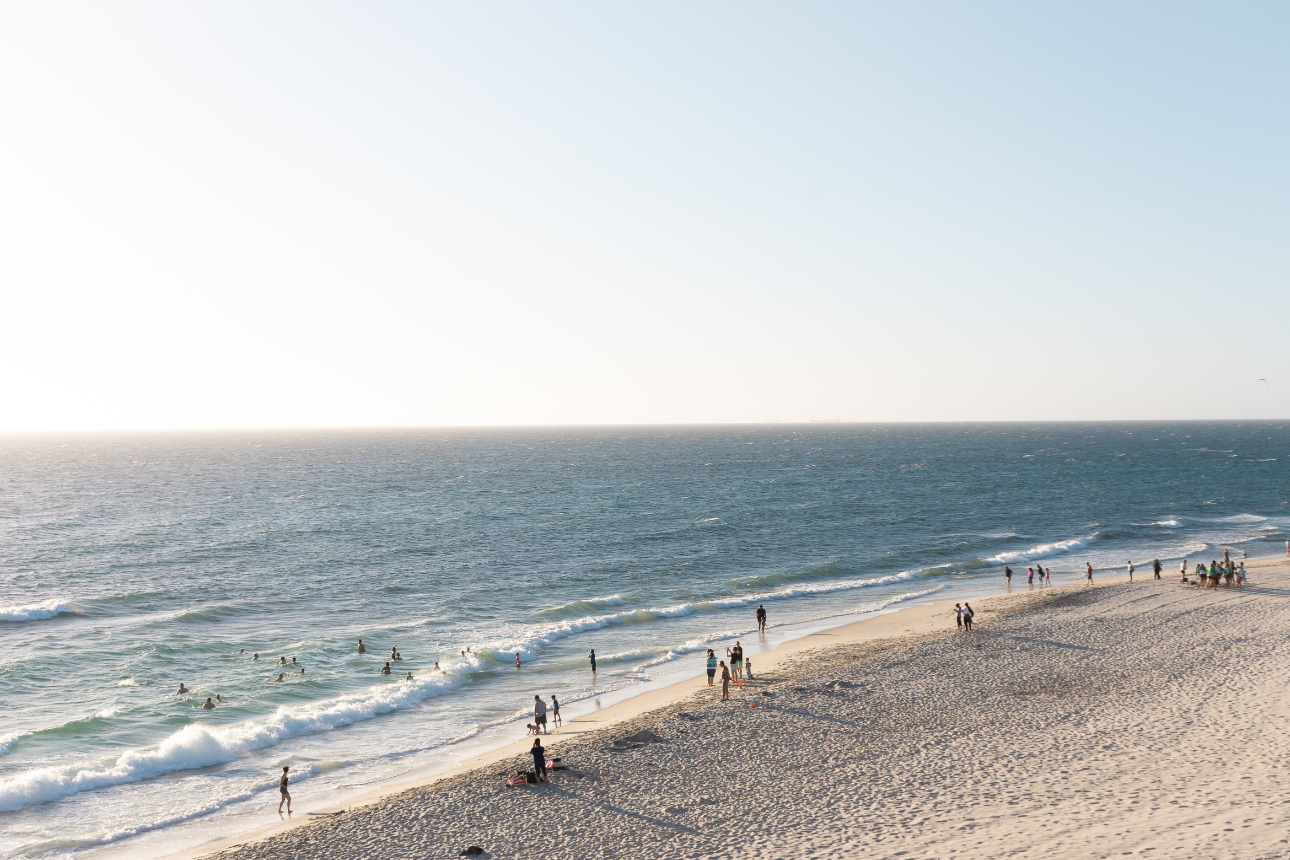
Can you tell us about accessible recreational activities or locations in Perth, specifically in the City of Stirling?
There are so many accessible options in Perth! There seems to have been a shift in the way new recreation spaces are being designed and redesigned, with inclusion being a key feature!
We have HUGE amounts of development in Perth’s outer suburbs and with that comes the creation of parks and playgrounds that are designed to allow all children the opportunity to play! Bina Parkland in Balga, Pia’s Place in Whiteman Park and Woodbridge Riverside Park near Guilford are a few I have loved taking my students and my own children to!
The City of Stirling Libraries are also amazing! I am a huge fan of Mirrabooka Library, they have a lab full of great technologies and a “Thing” Library where you can borrow different items from cake tins to guitars!
Are there other accessible recreational areas North of the River (NOR) that you’d recommend for NDIS participants?
I have recently discovered the Ellenbrook Youth Centre. They offer a range of activities for 12-18 year olds including things like a free sustainable fashion course and art programs. They have a lovely sensory space, a rock climbing wall and offer drop-in laundry and shower services for young people. They are incredibly inclusive and welcoming to all, with staff actively asking what else they can do to make the space more inclusive for neurodiverse young persons. I wish there were more spaces like this available to our young people!
There are also lots of opportunities for involvement in sport and fitness from footy and baseball to rock climbing and archery! There are so many people here who love their sport and just want everyone to be able to have a chance to give it a go! The WA Disabled Sports Association (WADSA) website is a great place to start if you’re looking to give something a go!
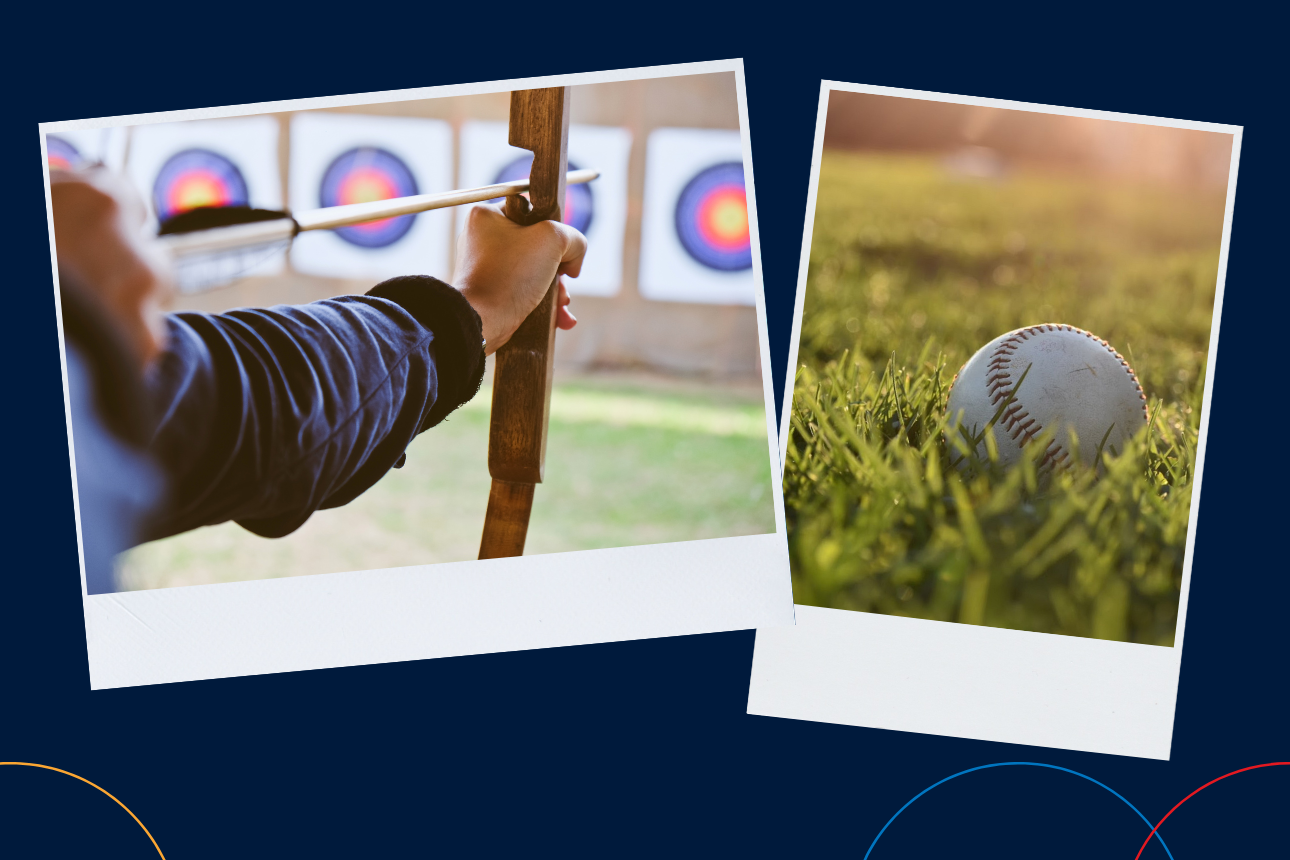
About Ability Consultants
Ability Consultants is a Registered NDIS Provider in Perth, Western Australia. We support NDIS participants throughout NSW, QLD, Victoria, Tasmania, South Australia and Western Australia.
We primarily provide Positive Behaviour Support however we also deliver psychology support in parts of Australia, including psychology assessments and therapy.
You might be interested in:
- Behaviour support practitioner careers
- Free Positive Behaviour Support training
- Learning more about our team
About Positive Behaviour Support
- What is Positive Behaviour Support?
- What is an NDIS Positive Behaviour Support plan (PBSP)?
- Meet Patrick Rundle, Positive Behaviour Support Practitioner in Perth, Western Australia | Blog | Ability Consultants
*Robyn has embarked on a new journey.




